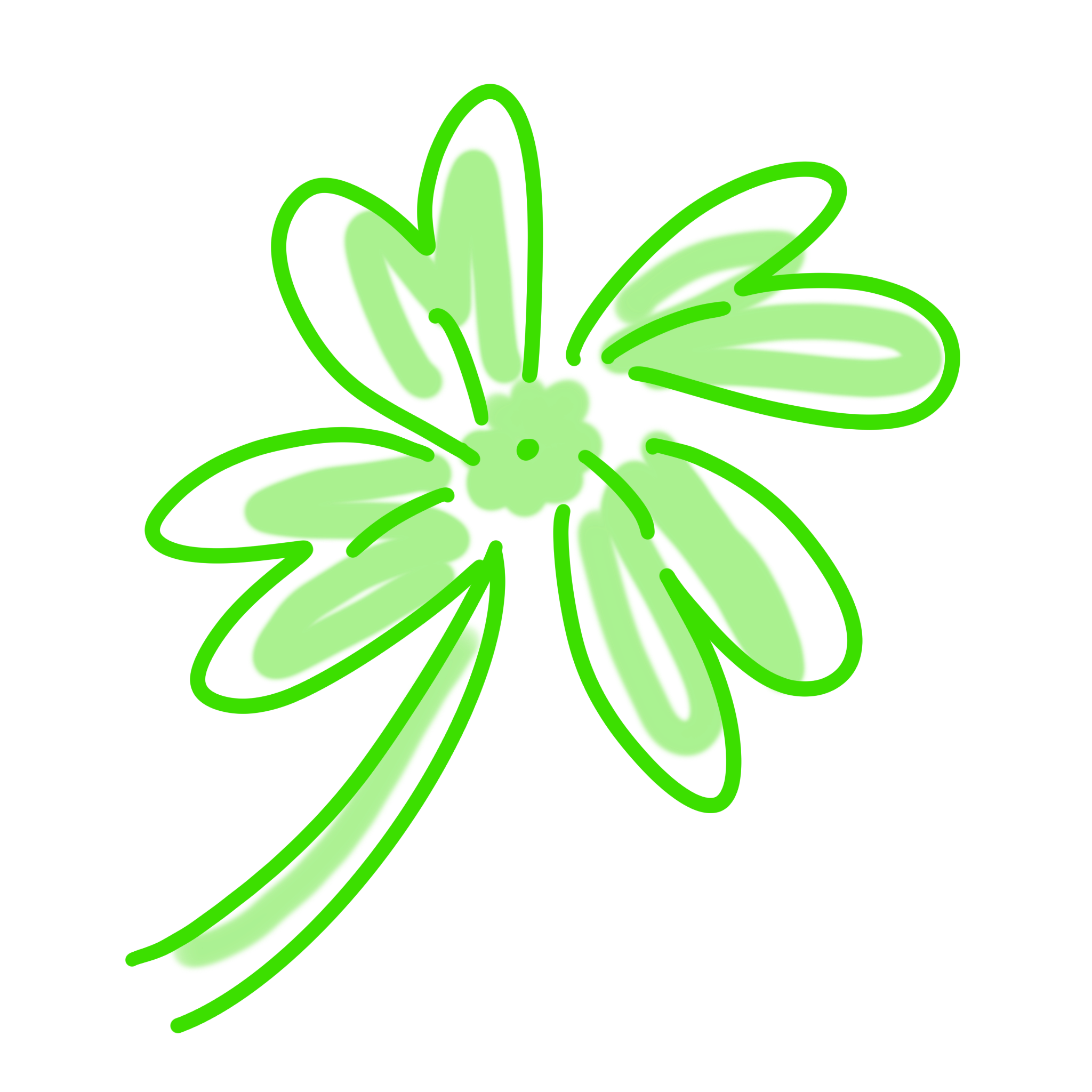
It's Exam Season !
From all of us at Edukatte, we wish you the very best of luck in your upcoming CXC exams! Stay focused, believe in yourself, and remember that all your hard work will pay off. You've got this!
Pollution
Learn about Pollution.
Edu Level: NCSE
Date: Aug 9, 2021
⏱️Read Time: 2 min
Definition
Introduction of harmful material into the environment, called pollutants. Can be natural; volcanic ash or created; runoff produce by factories. Pollutants damage the quality of air water and land.
Water Pollutants
- Oil - Caused by waterway, oil spills from off shore rigs. Blocks oxygen and light from marine life. Stops birds from flying, ruins beaches, clogs respiratory system of fishes. Can create legislatures to prevent this and detergents can break down oil.
- Hot water - Caused by power Stations. The change in habitat temperatures can result in death or migration. Can be reduced by cooling the water before disposal. Or use the heat to power houses.
- Organic waste - Caused by sewage from housing, ships, farms. Bacteria multiply and use up all the oxygen which causes eutrophication. You can treat all sewage before disposal.
- Mineral Salt - Like phosphate, sulfate and nitrate ions caused by detergents and fertilizers in sewage and water increase eutrophication. Use little amounts of detergent and fertilizers.
- Toxic Chemicals - From organic mercury, acid waste etc. Caused by industry plants can be toxic to plants and animals. Screen all waste and process to remove toxins before disposal.
‣
Effects of marine environment due to human activities.
- Destruction of mangrove swamps - It's used as a nursery for fish and loss of habitat disrupts the food chain. Looses money from eco-tourism.
- Overfishing - Removing many fishes before they can regenerate will disrupt the food chain. They won't be able to reproduce and can become extinct. Will also affect eco-tourism.
- Coral reefs - Creates jobs for glass bottom boat drivers. Creates habitats for fishes. locks rough waves. Filters water.
 Krish Beachoo
Krish Beachoo